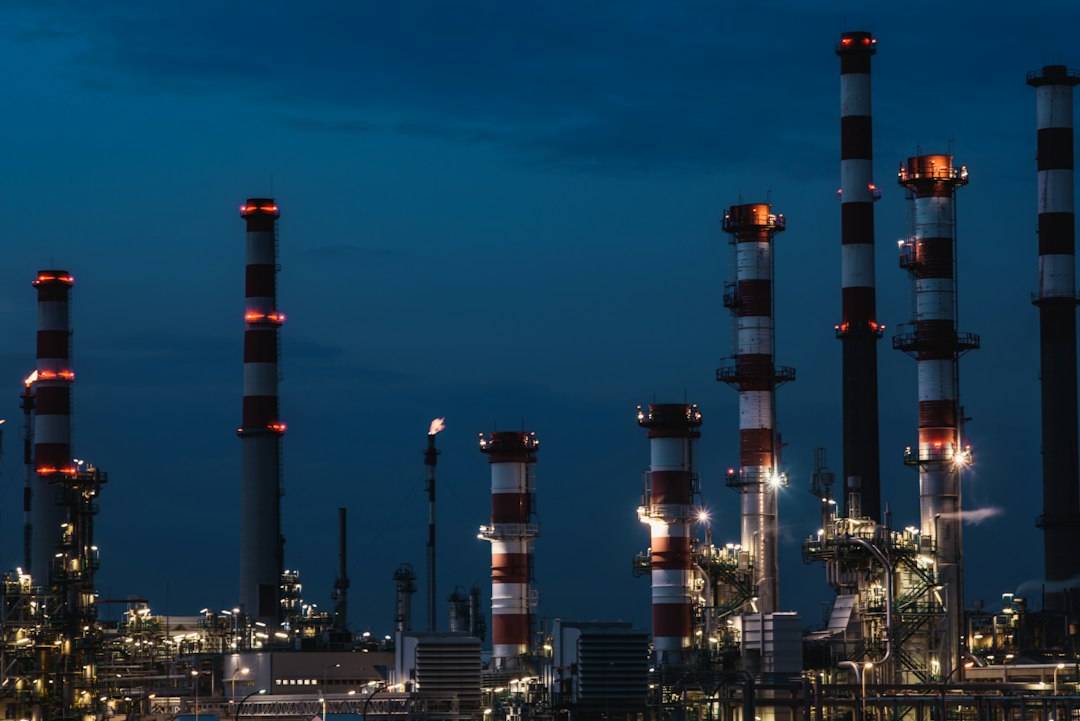The Future of Automation in Production
Automation has long been transforming the production industry, with machines taking over repetitive tasks and increasing efficiency. However, recent advancements in technology are set to revolutionize the way we approach automation in production. From robotics and artificial intelligence to the Internet of Things (IoT) and cloud computing, the future is full of endless possibilities. In this blog post, we will explore the exciting developments that lie ahead and how they will shape the future of automation in production.
The rise of robotics is one of the most significant advancements in automation. Traditional industrial robots have already proven their worth in manufacturing, but with the emergence of collaborative robots (cobots), the possibilities are even greater. Cobots are designed to work alongside humans, making tasks safer and more efficient. They are equipped with sensors and AI algorithms, enabling them to adapt to different situations and work closely with their human counterparts. As a result, the future of production will see humans and robots collaborating seamlessly to optimize productivity.
Artificial intelligence (AI) is another game-changer in the automation landscape. AI algorithms can analyze huge amounts of data, enabling machines to learn from past experiences and make intelligent decisions. In production, AI can be applied in various ways – from predictive maintenance to quality control. Machines will be able to detect anomalies and patterns in data, allowing for more proactive maintenance and reducing downtime. Additionally, AI-powered quality control systems can quickly identify defects and errors, ensuring only the highest-quality products reach the market.
The Internet of Things (IoT) is a network of interconnected devices that can communicate and share data with each other. In production, this means that machines, sensors, and other devices can be connected, enabling real-time data analysis and optimization. For example, IoT-enabled sensors can monitor equipment performance and provide valuable insights on energy usage and productivity. Companies can use this data to make data-driven decisions, optimize workflows, and reduce costs. Moreover, IoT can lead to the creation of smart factories, where every aspect of the production process is connected, leading to increased efficiency and reduced waste.
Cloud computing is another technology that will revolutionize automation in production. Cloud platforms provide a scalable and flexible infrastructure, allowing companies to store and analyze large amounts of data. This enables manufacturers to leverage data from multiple sources and make informed decisions. Cloud platforms also enable remote monitoring and control, as well as collaboration between different teams and departments. With cloud-based solutions, manufacturers can access real-time information, even from remote locations, and streamline their operations efficiently.
One aspect that cannot be overlooked is the impact of automation on jobs. While automation undoubtedly brings numerous benefits, it also raises concerns about job displacement. However, the future of automation in production is not about replacing humans but about augmenting their capabilities. As machines take over repetitive and dangerous tasks, workers can focus on more complex and creative jobs. Companies will need to invest in retraining and upskilling their workforce to ensure a smooth transition towards a more automation-driven future. Collaboration between humans and machines will be the key to success, with humans bringing their problem-solving skills and creativity, while machines handle the repetitive and mundane tasks.
The future of automation in production is bright and promising. With advancements in robotics, AI, IoT, and cloud computing, manufacturers can expect increased efficiency, reduced costs, and improved quality. Machines will work alongside humans, creating a harmonious collaboration that will revolutionize the production industry. Embracing these technologies and adapting to the changing landscape will be crucial for companies to stay competitive in the future. By investing in automation, manufacturers can unlock new opportunities, drive innovation, and pave the way for a more productive and sustainable future.

